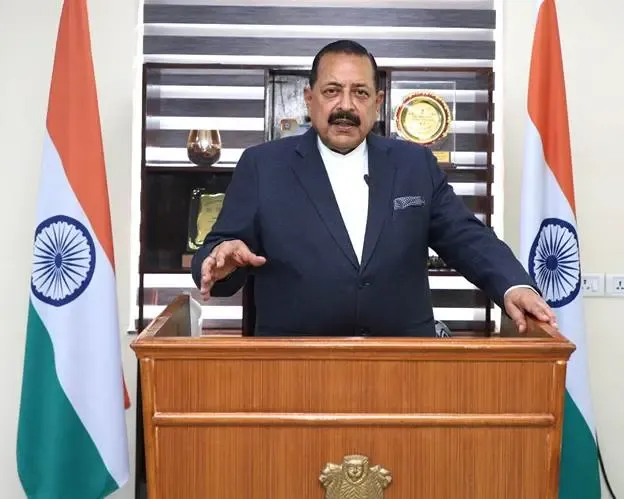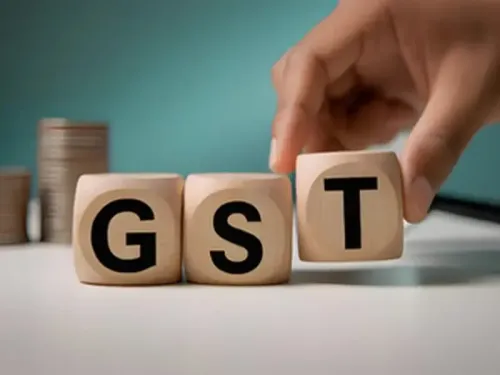Government Unveils Industrial Calendar to Strengthen Research-Industry Connections and Foster Innovation

Synopsis
Key Takeaways
- Introduction of an industrial calendar.
- Focus on research-industry linkages.
- Promotion of inclusivity in scientific research.
- Development of a competency framework for scientists.
- Progress on the Vigyan Shakti initiative.
New Delhi, Feb 13 (NationPress) The Union government has introduced an industrial calendar aimed at closing the divide between research and industry, thereby accelerating innovation.
During a high-level meeting with Secretaries from various scientific ministries and departments, Union Minister of State (Independent Charge) for Science and Technology Jitendra Singh stated, “All scientific laboratories under different ministries should formulate a dedicated calendar for industrial gatherings.”
He emphasized that a systematic collaboration with the private sector would not only expedite the commercialization of scientific findings but also amplify their influence on public welfare. “This initiative will ensure that technological advancements reach the populace more swiftly and effectively,” Singh remarked.
Singh also pointed out the necessity for a structured competency framework for individuals engaged in scientific institutions.
Additionally, he reviewed the progress of the “Vigyan Shakti” initiative, stressing its role as a cohesive repository aimed at transforming scientific endeavors into developmental results. Built on pillars like inter-agency collaboration, industry-academia partnerships, and governance, the initiative aims to optimize returns on investment in science, Singh noted.
He further evaluated the India Science, Technology, and Innovation (ISTI) Portal, which is designed to consolidate the database of India’s science and technology ecosystem, enhancing access to vital research resources, and the Common Fellowship Portal, intended as a comprehensive platform for research grants.
Recent data reveals that “the portal has attracted over 5,000 registered users, with more than 1,500 having completed their profiles and qualifying for fellowships,” Singh expressed, showing satisfaction with the increasing participation.
He also encouraged further awareness initiatives to improve accessibility to research grants for young scientists.
To promote inclusivity in scientific research, Singh urged all departments to seek opportunities for connecting tribal students with various scientific institutions for internships and exposure.
“Such initiatives would offer underprivileged students invaluable insights into research and innovation, cultivating a more diverse and inclusive scientific community,” he observed.










